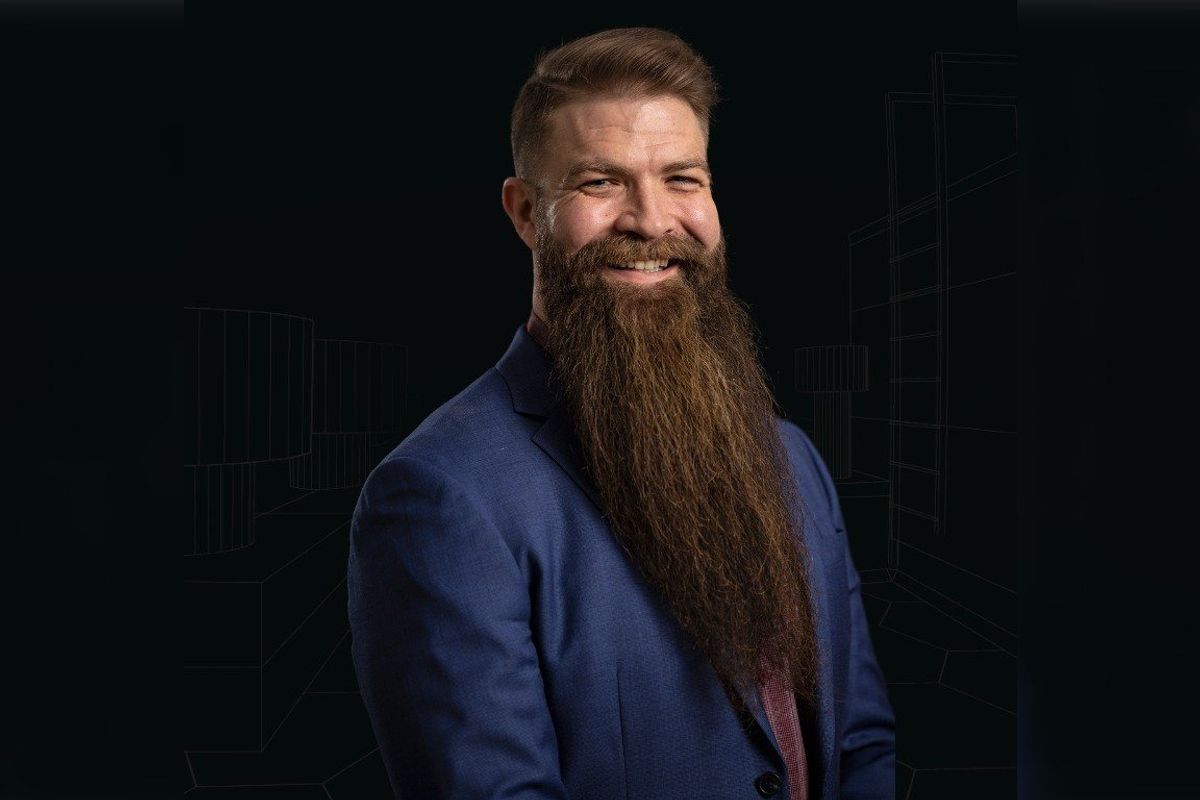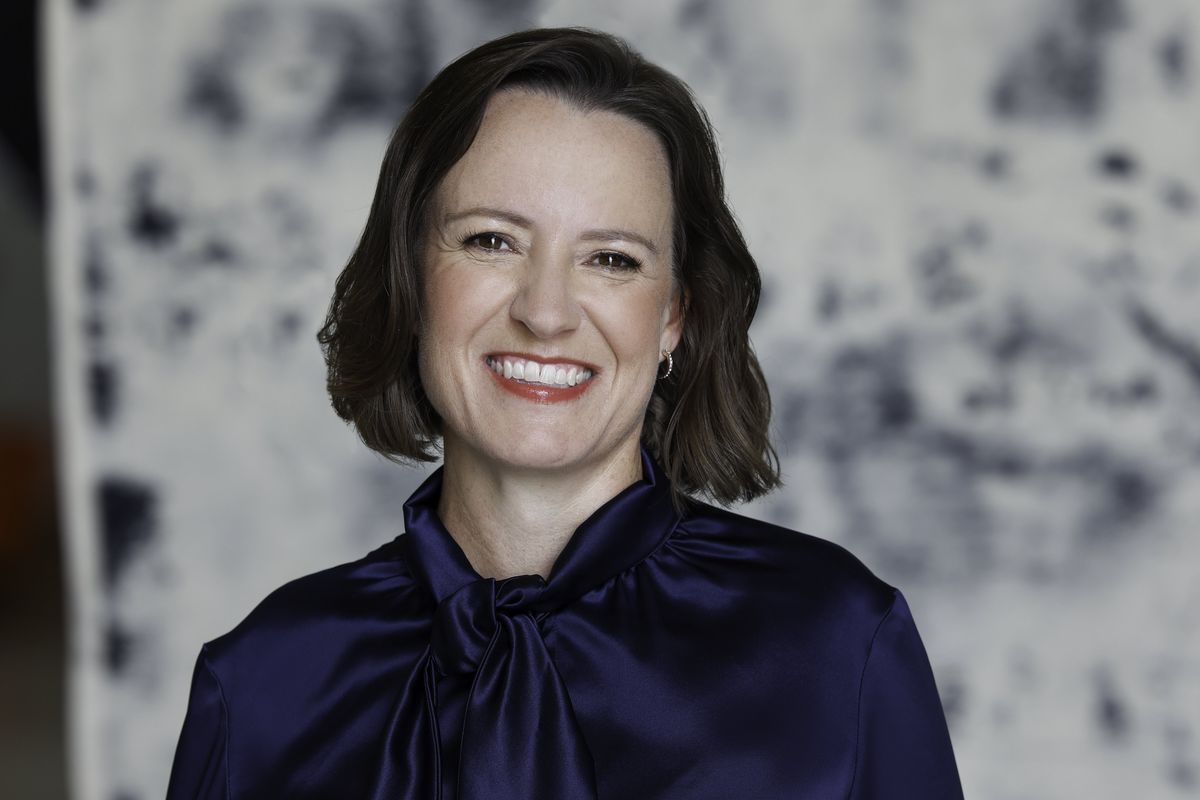Promising Houston startup expands energy efficiency product to Middle East, Singapore
big move
NanoTech Materials has announced a big expansion for its business.
The Houston company, which created a roof coating using nanotechnology that optimizes energy efficiency, has partnered with Terminal Subsea Solutions Marine Service SP to bring its products to the Gulf Cooperation Council and Singapore. TSSM will become a partner of Houston’s NanoTech Materials products, which will include the Cool Roof Coat, Vehicular Coat, and Insulative Coat for the GCC countries and Singapore.
NanoTech Materials technology that ranges from roof coatings on mid- to low-rise buildings to shipping container insulation to coating trucks and transportation vehicles will be utilized by TSSM in the partnership. NanoTech’s efforts are focused on heat mitigation that can reduce energy costs, enhance worker safety, and minimize business risks in the process.
“Businesses and communities within the GCC and Singapore feel the impact of extreme temperatures and longer Summers more acutely than any other region in the world,” Mike Francis, CEO of NanoTech Materials, says in a news release. “We have an opportunity to make a real impact here through reduced energy load, cooler and safer working conditions, and a reduced carbon emissions output from the hottest, driest place on earth. We are incredibly excited to be partnering with our colleagues at TSSM to bring this powerful technology to the region.”
One of the areas that will benefit from this collaboration is the Middle East. The GCC region is characterized by a desert climate, which has average annual temperature reaching 107.6°F and summer peaks climbing as high as 130°F. The effects of these extreme conditions can be dangerous for workers especially with strict labor laws mandating midday work bans under black flag conditions, which can result in productivity losses as well.
NanoTech’s proprietary technology, the Insulative Ceramic Particle (ICP), will be used to address challenges in energy efficiency and heat control in the logistics and built environment sector. The platform can be integrated into many applications, and the impact can range from reducing greenhouse gas emissions to protecting communities that are wildfire-prone. The core of the technology has a lower conductivity than aerogels. It also has a “near-perfect emissivity score” according to the company. The NanoTech ICP is integrated with base matrix carriers; building materials, coatings, and substrates, which gives the materials heat conservation, rejection, or containment properties.
By combining the ICP into an acrylic roof coating, NanoTech has created the Cool Roof Coat, which reflects sunlight and increases the material's heat resistance. This can lower indoor temperatures by 25 to 45°F in single-story buildings and reduce the carbon emissions of mid to low-rise buildings. This can potentially equal energy savings from 20 percent up to 50 percent, which would surpass the average 15 percent savings of traditional reflective only coatings.
“This technology will have a huge impact on supporting the region's aggressive climate initiatives, such as Saudi Arabia’s Green Initiative, aiming to reduce carbon emissions by 278 million tons annually by 2030,” Jameel Ahmed, managing director at TSSM, says in the release. “The regional efforts to enhance climate action and economic opportunities through substantial investments in green technologies and projects are evident, and we are proud to be offering a product that can make a difference.”
NanoTech says its coating maintains its effectiveness over time and doesn’t suffer UV degradation issues which are helpful, especially in extreme weather conditions workers and businesses face in regions like the Middle East.
------
This article originally ran on EnergyCapital.
- Houston's health tech wins, startup opens new facility, and more trending innovation news ›
- Editor's Picks: 7 favorite Houston Innovator Podcast episodes of 2023 ›
- Houston material science company strategically rolls out flagship product nationwide ›
- Growing Houston startup moves into 43,000-square-foot facility amid 'hypergrowth phase' ›
- Houston startup closes $5M seed round led by Austin VC ›
- Houston climate-tech startup adds new investors in oversubscribed funding round ›




 Mike Francis is the CEO and co-founder of NanoTech Materials. Photo via LinkedIn
Mike Francis is the CEO and co-founder of NanoTech Materials. Photo via LinkedIn









